Filter by
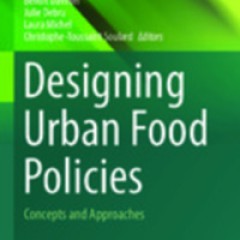
Designing Urban Food Policies : Concepts and Approaches
his Open Access book is for scientists and experts who work on urban food policies. It provides a conceptual framework for understanding the urban food system sustainability and how it can be tackled by local governments. Written by a collective of researchers, this book describes the existing conceptual frameworks for an analysis of urban food policies, at the crossroads of the concepts of foo…
- Edition
- -
- ISBN/ISSN
- 978-3-030-13958-2
- Collation
- XX, 142 halaman
- Series Title
- -
- Call Number
- 630 DES
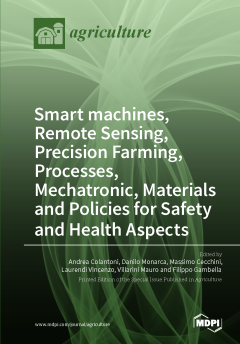
Smart machines, Remote Sensing, Precision Farming, Processes, Mechatronic, Ma…
The introduction of "smart machines" for agricultural operations will allow several advantages, such as an increase in their efficiencies, a reduction in environmental impacts and a reduction of work injuries. There are partially- and fully-automatic devices for most aspects of agricultural functions, from seeding and planting to harvesting and postharvesting, from spraying to livestock managem…
- Edition
- -
- ISBN/ISSN
- 978-3-03842-866-4
- Collation
- -
- Series Title
- -
- Call Number
- 630 SMA
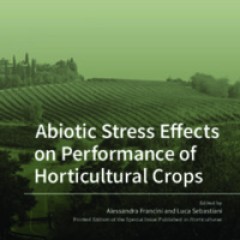
Abiotic Stress Effects on Performance of Horticultural Crops
Horticultural crop yield and quality depend on genotype, environmental conditions, and production management. In particular, adverse environmental conditions may greatly affect crop performance, reducing crop yield by 50%–70%. Abiotic stresses such as cold, heat, drought, flooding, salinity, nutrient deficiency, and ultraviolet radiation affect multiple physiological and biochemical mechanism…
- Edition
- -
- ISBN/ISSN
- -
- Collation
- -
- Series Title
- -
- Call Number
- 630
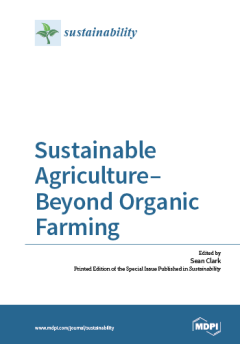
Sustainable Agriculture–Beyond Organic Farming
The current conception of organic farming is the result of nearly a century of intellectual thought and dialogue, field observations and experiences, systematic experimentation, and codification of rules. Debates on the future viability of organic farming often focus on its capacity to produce sufficient food to meet the demands of a growing human population. Yet any thorough examination of the…
- Edition
- -
- ISBN/ISSN
- -
- Collation
- -
- Series Title
- -
- Call Number
- 630
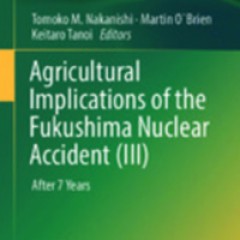
Agricultural Implications of the Fukushima Nuclear Accident (III)
This open access book presents the findings from on-site research into radioactive cesium contamination in various agricultural systems affected by the Fukushima Daiichi Nuclear Power Plant accident in March 2011. This third volume in the series reports on studies undertaken at contaminated sites such as farmland, forests, and marine and freshwater environments, with a particular focus on lives…
- Edition
- -
- ISBN/ISSN
- -
- Collation
- -
- Series Title
- -
- Call Number
- 630
 Computer Science, Information & General Works
Computer Science, Information & General Works  Philosophy & Psychology
Philosophy & Psychology  Religion
Religion  Social Sciences
Social Sciences  Language
Language  Pure Science
Pure Science  Applied Sciences
Applied Sciences  Art & Recreation
Art & Recreation  Literature
Literature  History & Geography
History & Geography